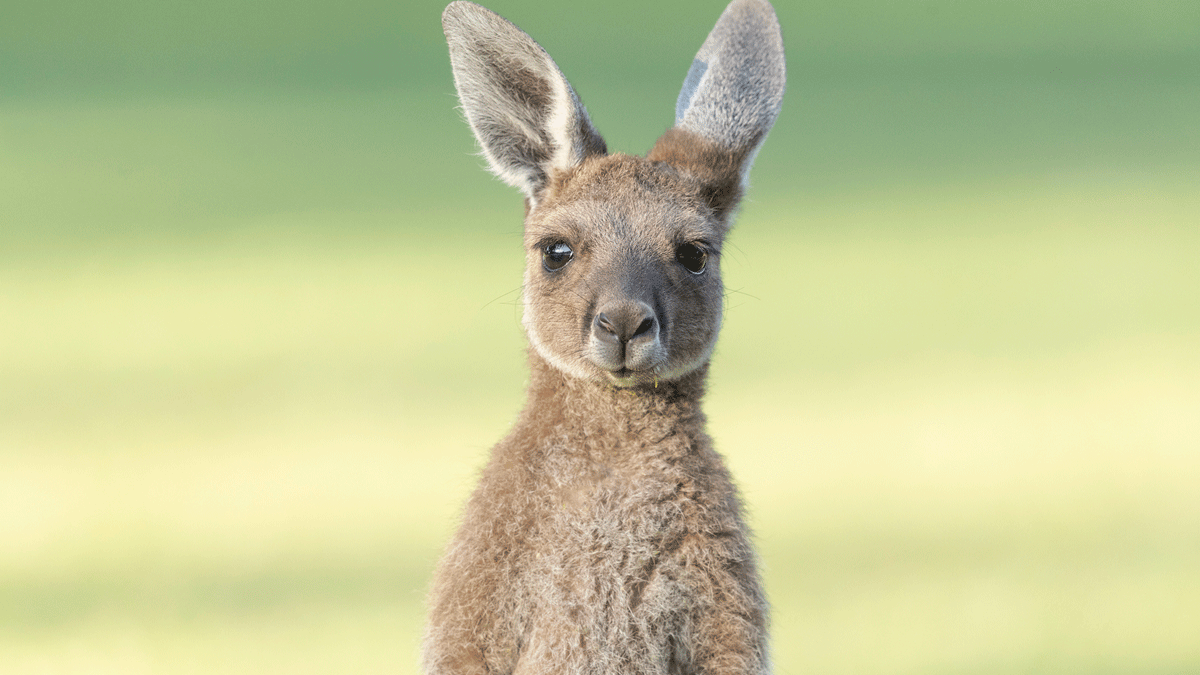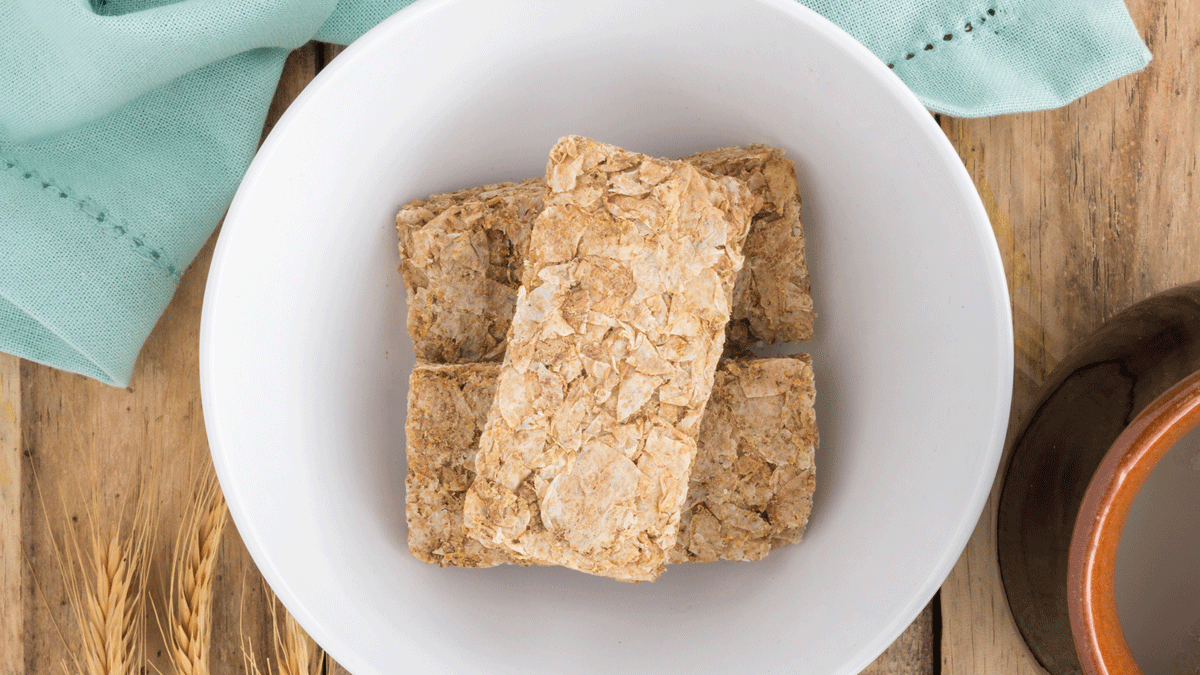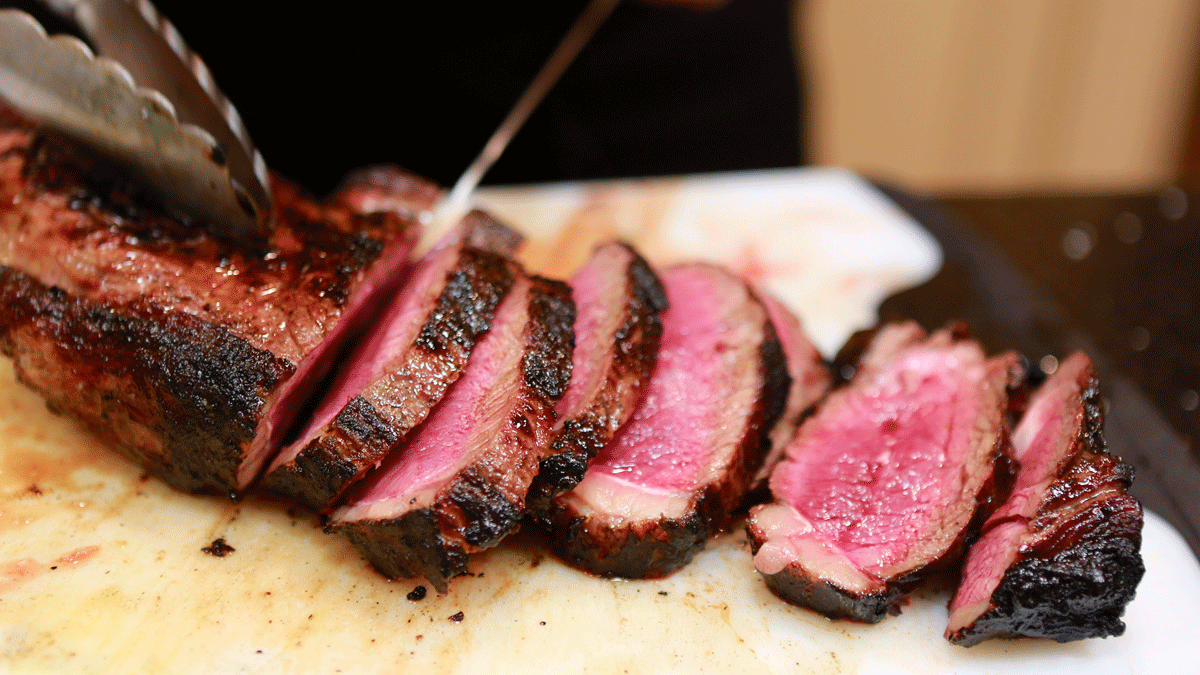Tired all the time? Here are 10 high iron foods to add to your shopping list

Picture: Getty Images
Goodbye non-stop tiredness.
If you’re tired all the time, it might be time to re-assess your diet. Specifically, you’ll want to look at your iron intake. That’s because iron plays a key role in transporting oxygen around your body, so if your iron stores are low, you’ll feel lethargic and worn out.
If you’re looking to boost your iron levels through food (after a consultation with your doctor, of course), here are ten foods I’d recommend putting on your plate. To give you some context, women of child-bearing age require 18 milligrams of iron every single day. For older women and men, that quota is just eight milligrams per day.
1. Octopus = 5.3mg iron per 100g (raw)
Bet you didn’t think octopus was going to top the list, did you? Not only is octopus high in iron, it’s also quite low in kilojoules with just 292 kilojoules per 100 grams – so it makes for a nutritious, light meal. I like to add it to a salad or serve it alongside roasted veg for dinner.

2. Kangaroo = 3.4mg iron per 100g (raw)
Kangaroo is a super lean cut of meat, so is a good option to work into your red meat repertoire. A fillet of roo, for example, contains just 0.2 grams of saturated fat per 100 grams, while the same quantity of eye fillet steak contains two grams of saturated fat.
3. Canned red kidney beans = 3.2mg iron per cup
Legumes (like beans, chickpeas and lentils) are some of the best plant-based sources of iron. Plants contain a different type of iron to animal-based foods, however, so aren’t as well absorbed. To boost plant-based iron absorption, I’d recommend pairing your legumes with a source of Vitamin C, like tomatoes or broccoli.

4. Weet-Bix = 3mg iron per 2 biscuits
Breakfast cereals can have iron added to them during manufacturing, so can surprisingly contribute a lot of iron to your diet. For a healthier brekkie bowl, look for a simple cereal that’s made with wholegrains and is low in added sugar.
5. Pumpkin seeds = 3mg iron per 30g
Seeds are a great choice when you’re looking for a boost of iron, and as an added benefit also provide a dose of heart-healthy fats. Pumpkin seeds (also known as pepitas) are a staple in my household – I love to sprinkle them over my morning muesli or toss them through a salad for some crunch.
6. Firm tofu = 2.9mg iron per 100g
For a healthy vegetarian meal, you can’t go past good old tofu. Packed with hunger-busting protein and plenty of calcium for strong bones and teeth, tofu should be on your menu whether your diet is meat-free or not.

7. Eye fillet steak = 2.2mg iron per 100g (raw)
Another option if red meat is on your menu, beef steak also provides zinc for wound healing. Perfect for a summer BBQ or simple stir fry, lean beef is an easy way to boost your iron intake.
8. Rolled oats = 2.1mg iron per half cup (uncooked)
Rolled oats are particularly high on my list of good-for-you grains because they contain a special compound called beta-glucan, which works to lower cholesterol levels.
9. Eggs = 2mg iron per two eggs
I’m a *big* fan of the humble egg… they’re rich in muscle-building protein, contain heart-healthy fats, provide vitamin D for healthy bones… and are a convenient way to boost your consumption of iron. Plus, they’re super versatile and perfect for breakfast, lunch and dinner, or even a healthy snack.
10. Cashews = 1.5mg iron per 30g
A small handful of nuts a day is a super healthy habit – and while all nuts shine for different nutritional reasons, cashews stand out for their high iron content.
Melissa Meier is a Sydney-based accredited practising dietitian. You can connect with her on Instagram @honest_nutrition.
UNLOCK INSIGHTS
Discover the untold stories of emerging ASX stocks.
Daily news and expert analysis, it's free to subscribe.
By proceeding, you confirm you understand that we handle personal information in accordance with our Privacy Policy.








